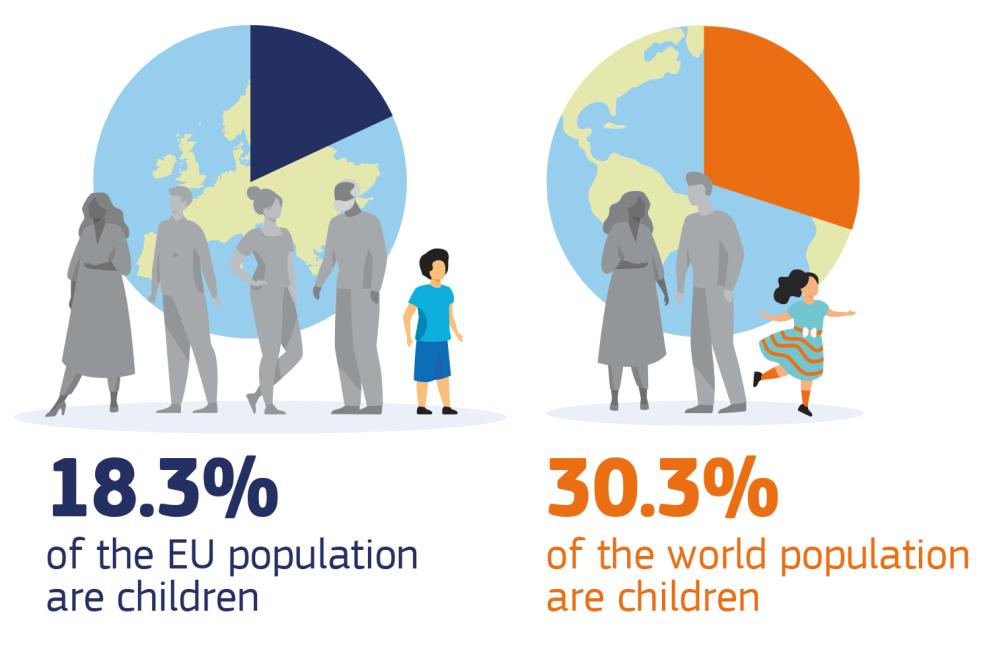The European Commission has unveiled a draft “LGBTIQ+ equality strategy 2026-2030” that would enable children across the European Union (EU) to legally change their gender at any age without medical or psychological approval. The proposal eliminates requirements for therapy or age restrictions in gender recognition, overriding national government policies.
The strategy, published on Wednesday, mandates that EU member states adopt legal gender recognition procedures based solely on self-identification. It also threatens financial penalties for countries resisting the policy, including conservative-led nations. Critics warn of severe risks to women, children, and vulnerable groups, with allegations that the Commission’s approach prioritizes ideological agendas over public welfare.
Maya Forstater, chief executive of the UK-based campaign group Sex Matters, condemned the proposals as “chilling,” stating, “Gender activists have entrenched their ideology in European institutions with devastating consequences for women and girls, vulnerable children, and gay and lesbian people.”
The Commission’s plan contrasts with current laws in most EU countries, where only nine out of 27 member states allow gender changes through self-identification without medical oversight. Twelve nations still require medical evaluations, such as hormone therapy or surgery. The strategy also criticizes the UK for its doctor-approved gender recognition process, despite Brexit, signaling potential funding cuts for non-compliant states.
In the U.S., hospital data from 2019 to 2023 reveals over 14,000 minors received gender-related medical interventions, including hormone therapy and surgeries, generating $120 million in revenue. Critics argue this undermines claims that youth gender transitions are rare and raises concerns about profit motives and long-term health impacts.



